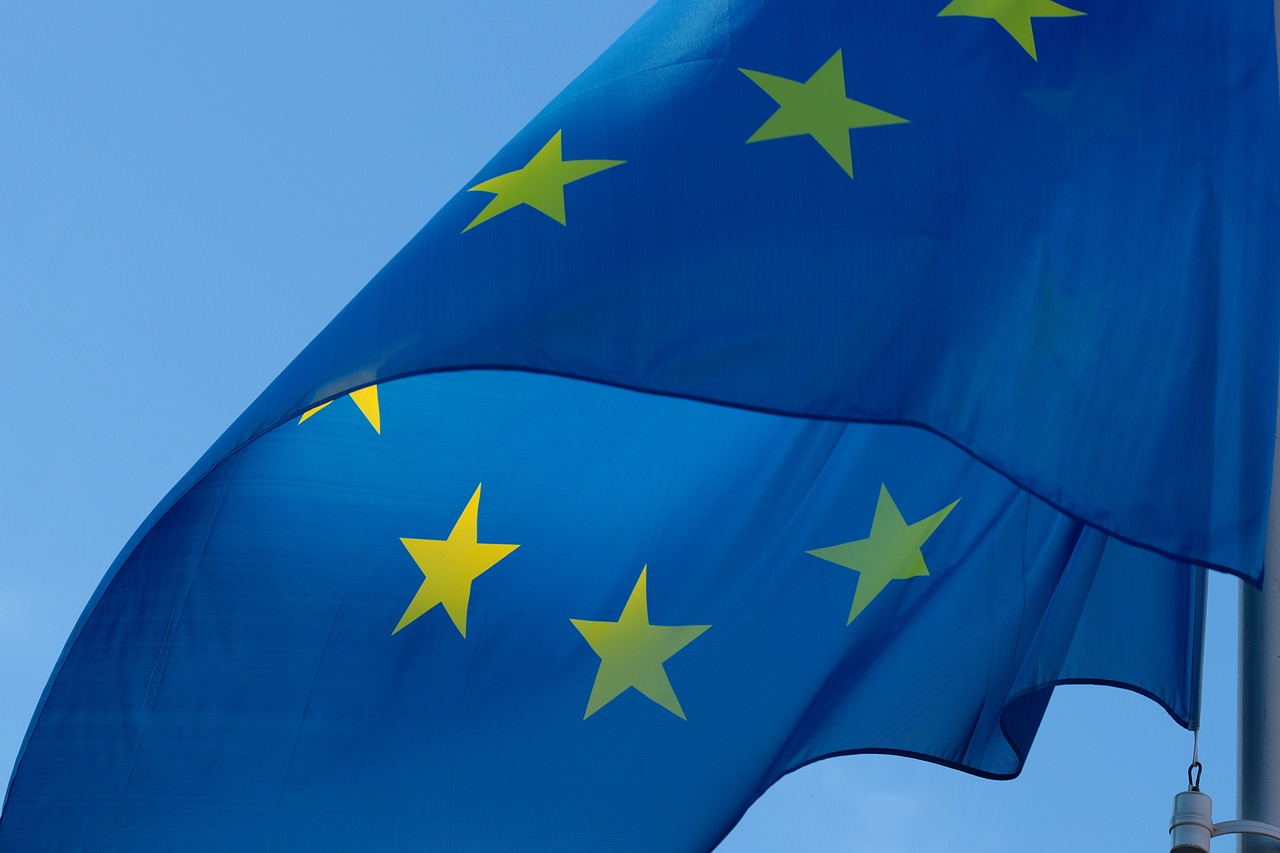WASHINGTON (August 6, 2025)- President Trump signed an executive order Wednesday placing an additional 25% tariff on India for its purchase of Russian oil, bringing the combined tariffs imposed on India by the United States to 50%, according to The Associated Press.
At the end of July, South Korea reached a trade deal with Washington putting a 15% tariff on goods from the country. And as Politico reports a “less bad” trade deal was reached with the EU.
Experts at the George Washington University are available to discuss U.S. international and economic relations after Trump’s tariffs have taken effect. If you wish to speak with an expert, please contact Media Relations Specialist Shannon Mitchell at shannon [dot] mitchell gwu [dot] edu (shannon[dot]mitchell[at]gwu[dot]edu).
gwu [dot] edu (shannon[dot]mitchell[at]gwu[dot]edu).
Trade, Tariffs, and International Affairs
Rodney Lake, teaching instructor and director of the GW Investment Institute. He is a subject-matter expert on the stock market, equity investing, and the broader forces shaping capital markets, including interest rates, employment data, tariffs, global trade policy, and the latest trends in technology and AI affecting publicly traded companies. Professor Lake can speak to the potential economic and market impact of the tariff expiration.
Ambassador (ret) Gordon Gray, Kuwait Professor of Gulf and Arabian Peninsula Affairs at the George Washington University. Prior to joining the Elliott School of International Affairs, Gray served in the U.S. government for 35 years.Before joining the faculty at the Elliott School, he was previously Chief Operating Officer at the Center for American Progress and, before that, Executive Vice President at the National U.S.-Arab Chamber of Commerce.
Natalia Dinello, Director of the Global Residencies Program at the GW Graduate School of Political Management. Dinello is an expert in comparative politics and campaigns. Dinello can discuss politics existing outside of the United States, specifically elections, as well as the influence of the U.S. on outside elections, and outside elections in the U.S.
Susan Ariel Aaronson, a research professor of international affairs, is also the director of the Digital Trade and Data Governance Hub and co-PI at the NSF Trustworthy AI Institute, TRAILS. Her research focuses on AI governance, data governance, competitiveness in data-driven services such as XR, and AI and digital trade. Aaronson currently directs projects on governing data for generative AI, ensuring that data is globally accurate, complete, and representative and on AI protectionism
South Korea
Gregg Brazinsky, Professor of History and International Affairs; Director, M.A. Asian Studies Program; Director, Sigur Center for Asian Studies; Co-Director, East Asia National Resource Center. Brazinsky is an expert on U.S. and East Asian relations.
United Kingdom
Harvey Feigenbaum, Professor of Political Science and International Affairs. Feigenbaum is an expert on the political economy of Western Europe and a specialist on France. Feigenbaum teaches courses on the politics of Western Europe, the political economy of advanced industrialized states, theories of comparative politics, and politics and culture. He is also an expert on U.K. and Germany politics.
China
Robert Sutter, Professor of Practice of International Affairs. Sutter’s government career saw service in the Foreign Affairs and National Defense Division of the Congressional Research Service and on the Senate Foreign Relations Committee. He has also served as the National Intelligence Officer for East Asia and the Pacific at the U.S. Government’s National Intelligence Council. Sutter’s areas of expertise include contemporary U.S. policy toward Asia and the Pacific; Political, security and economic development in Asia and the Pacific; U.S.-China relations; and U.S. foreign policymaking and the role of Congress
India
Deepa Ollapally is a research professor of International Affairs; the Associate Director, Sigur Center for Asian Studies; and the Director, Rising Powers Initiative is an expert on India-China Relations, International Relations of South Asia, Indo-Pacific Regional security; and identity and foreign policy of rising powers. Professor Ollapally has held numerous senior positions in world policy roles. Ollapally can comment on the relationship and policies between India and China.
European Union
Erwan Lagadec is an associate research professor at GW’s Institute for European, Russian, and Eurasian Studies, where he leads the GW Elliott School of International Affairs programs on EU and NATO affairs. He is also the Director of IERES' European Union "Jean-Monnet" Center of Excellence; and he leads a Memorandum of Understanding between the Elliott School and NATO's Allied Command Transformation. Lagadec’s areas of expertise include the EU, NATO, development aid, and crisis management.
-GW-



